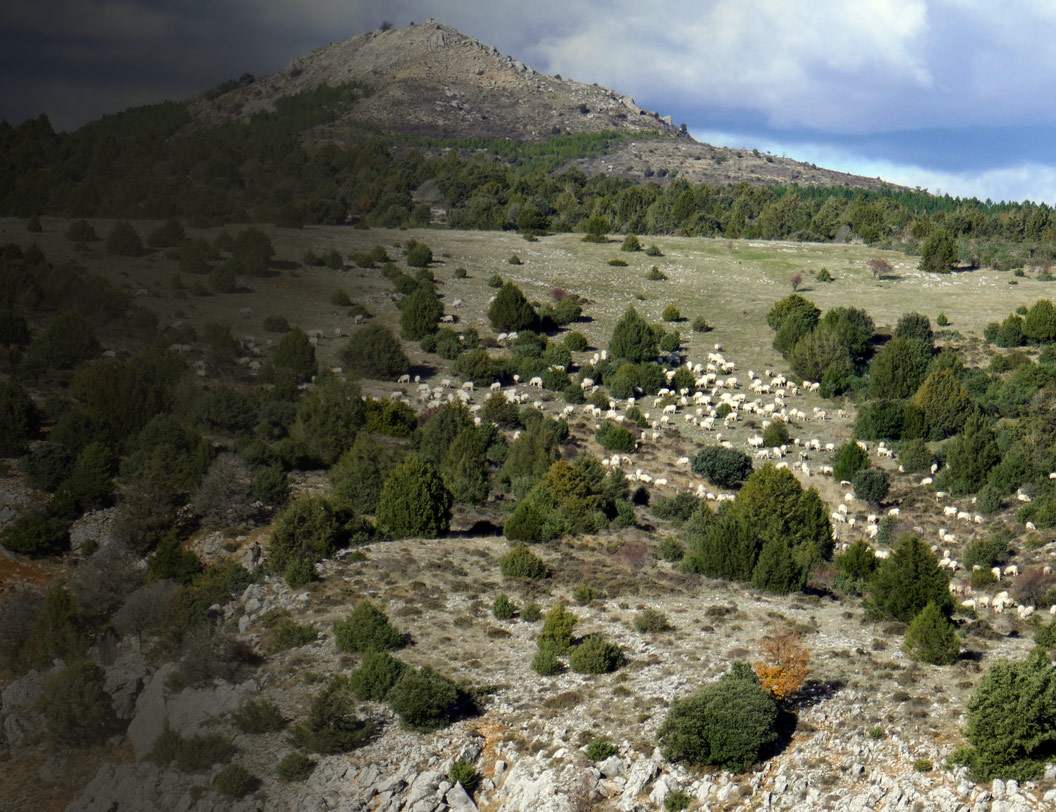-
 PROGRAM / 01Multifunctional forest management
PROGRAM / 01Multifunctional forest management
Our approach to multifunctional forest management is based on knowledge (including forest ecology, operation, dynamics, genetics and restoration, as well as soils and other factors) and the development of tools that protect the ecological, social and economic value of forest ecosystems while ensuring the sustainable provision of goods and services (e.g. timber, non-timber forest products, biodiversity, soils and water).
We analyse and assess the impacts of climate change (fire, drought, infestations, etc.) and the modelling of the dynamics of forest environments, in order to promote forestry practices that are adapted to environmental and social changes.
In this respect, research and innovation in multifunctional forest planning at different scales, and the development of tools to support the adaptive management of forests and agroforestry environments, are key. We also conduct research into fire ecology, the capacity of forest systems to adapt and respond to natural disturbances, the prevention of large-scale forest fires, the relationship between forests and water and the quality of the carbon reserves held in forest soils.

Sistemas AgroForestales para la adaptación al cambio climático de espacios agrícolas y forestales mediterráneos


The Role of Integrated Fire Management on Climate Change Adaptation for Ecosystem Services in Tropical and Subtropical Regions


Co-creation of strategic action for climate change adaptation of territories and local economies


Improvement of the conservation status of forest habitats in the Mediterranean Biogeographical Region applying restoration and conservation techniques and Close to Nature management


Fire management effects on key ecosystem components of non-fire prone mountain pine forests
